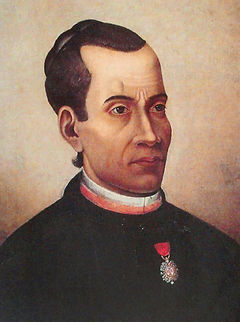
Black Composers, Classical Quartets
There is a substantial amount of Classical music written by Black composers from the 1700s to the 1900s. In many cases, the music exists today only in manuscript form, making it difficult to access for the average performer. To make the music of these Black composers more easily accessible, I am creating printed editions with downloadable scores and parts, as well as releasing video recording demos periodically. All of the music is either originally for String Quartet or arranged by myself. As the project develops, more music will be added to this page. Please contact me if you have suggestions!
Use the coupon "BlackComposers" at checkout if you'd like to download any of this music for free! A portion of the sale price goes toward creating a larger library of music by Classical Black Composers, but I also want this music to be as accessible and available as possible. Thank you for your support!
Featured Composers
Donate
Disclaimer: this project is not a non-profit, and therefore donations are not tax deductible. However, if you would like to contribute financially, your donation is greatly appreciated. Costs of the project include: library access fees, travel, research, website maintenance, arranging and transcribing, audio and video recording and editing, marketing and promotion.































